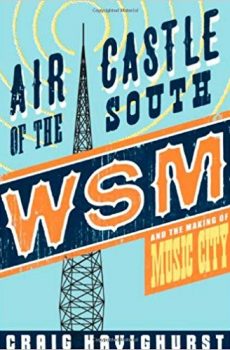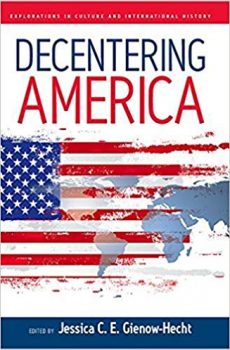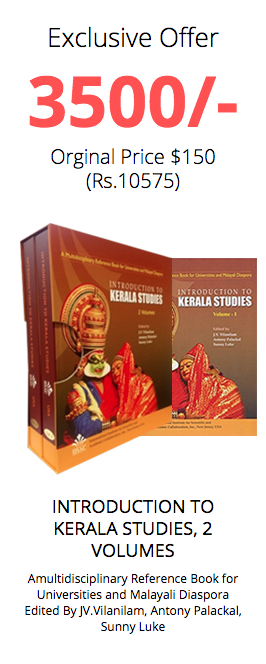
Air Castle of the South. WSM and the Making of Music City
2,095.00₹ 1,650.00₹
Started by the National Life and Accident Insurance Company in 1925, WSM became one of the most influential and exceptional radio stations in the history of broadcasting and country music. WSM gave Nashville the moniker “Music City USA” as well as a rich tradition of music, news, and broad-based entertainment. With the rise of country music broadcasting and recording between the 1920s and ‘50s, WSM, Nashville, and country music became inseparable, stemming from WSM’s launch of the Grand Ole Opry, popular daily shows like Noontime Neighbors, and early morning artist-driven shows such as Hank Williams on Mother’s Best Flour.
Sparked by public outcry following a proposal to pull country music and the Opry from WSM-AM in 2002, Craig Havighurst scoured new and existing sources to document the station’s profound effect on the character and self-image of Nashville. Introducing the reader to colorful artists and businessmen from the station’s history, including Owen Bradley, Minnie Pearl, Jim Denny, Edwin Craig, and Dinah Shore, the volume invites the reader to reflect on the status of Nashville, radio, and country music in American culture.

Cultural Diversity and the Empowerment of Minorities
8,400.00₹ 1,900.00₹
Conflicts between different racial, ethnic, national and other social groups are becoming more and more salient. One of the main sources of these internal conflicts is social and economic inequality, in particular the increasing disparities between majority and minority groups. Even societies that had been successful in dealing with external conflicts and making the transition from war to peace have realized that this does not automatically resolve internal conflicts. On the contrary, the resolution of external conflicts may even sharpen the internal ones. This volume, a joint publication of the University of Haifa and the International Center for Graduate Studies (ICGS) at the University of Hamburg, addresses questions of how to deal with internal issues of social inequality and cultural diversity and, at the same time, how to build a shared civility among their different national, ethnic, religious and social groups.

Cultures of Colour: Visual, Material, Textual
8,400.00₹ 1,790.00₹
Colour permeates contemporary visual and material culture and affects our senses beyond the superficial encounter by infiltrating our perceptions and memories and becoming deeply rooted in thought processes that categorise and divide along culturally constructed lines. Colour exists as a cultural as well as psycho-physical phenomenon and acquires a multitude of meanings within differing historical and cultural contexts. The contributors examine how colour becomes imbued with specific symbolic and material meanings that tint our constructions of race, gender, ideal bodies, the relationship of the self to others and of the self to technology and the built environment. By highlighting the relationship of colour across media and material culture, this volume reveals the complex interplay of cultural connotations, discursive practices and socio-psychological dynamics of colour in an international context.

Decentering America (Explorations in Culture and International History)
8,400.00₹ 2,090.00₹
“Decentering” has fast become a dynamic approach to the study of American cultural and diplomatic history. But what precisely does decentering mean, how does it work, and why has it risen to such prominence? This book addresses the attempt to decenter the United States in the history of culture and international relations both in times when the United States has been assumed to take center place. Rather than presenting more theoretical perspectives, this collection offers a variety of examples of how one can look at the role of culture in international history without assigning the central role to the United States. Topics include cultural violence, inverted Americanization, the role of NGOs, modernity and internationalism, and the culture of diplomacy. Each subsection includes two case studies dedicated to one particular approach which while not dealing with the same geographical topic or time frame illuminate a similar methodological interest. Collectively, these essays pragmatically demonstrate how the study of culture and international history can help us to rethink and reconceptualize US history today.





